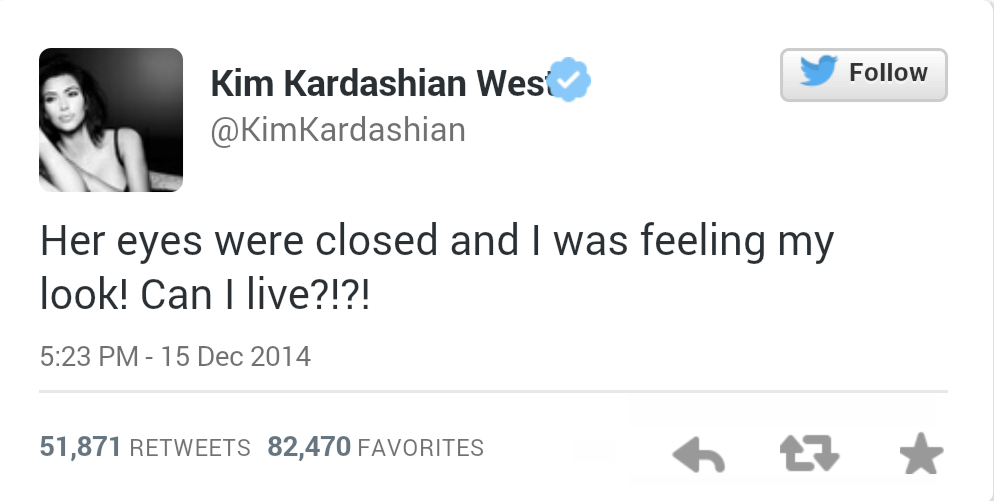When we’re kids, we learn that what’s beautiful is good, and what’s ugly is bad. Cinderella, Prince Charming, Beauty, and the Beast teach us that attractive physical appearances go hand in hand with compassion and cleverness, and vice versa.
Every day we make judgments based on looks. First impressions affect how we view the other person overall, especially knowing how we’re creatures of habit, we don’t enjoy being wrong.
If my first impression of you is that you’re cool, I’ll subconsciously look for positive cues to prove my theory and dismiss the ones that tell me you’re a jerk.
The Halo Effect
The halo effect is the tendency to make sweeping generalizations about people based on appearance traits.
Simply, albeit a bit strangely, put, I might assume you’re friendly because of your face.
- On average, we live for 78.3 years.
- Most of us remember people after the age of 5.
- We communicate with three new people every day.
During these years- leap years included, it’s a pet peeve of mine when people completely dismiss their existence, they never did anything wrong for you to treat them like that-, we supposedly meet ~80000 people, enough to fill the London Olympics stadium.
Could I have found a more contemporary comparison? Yes. Would it make that much of a difference? No.
Also, did you know that the human brain is incapable of creating new faces? That stunning girl in your dream last night? You didn’t make her up, you saw her somewhere, hopefully, at your favorite bar, realistically, on Instagram.
It was Thorndike who published A Constant Error in Psychological Ratings and discovered that a negative perception of one trait usually took all the others down with it.
It was a big dilemma, like Nelly and Kelly
Aching to learn more about how the Halo Effect affects us, I conducted a study.
I showed four photos of two women and two men to 50 people. Two of the people in the photos were considered conventionally attractive, the other two weren’t.
Choosing the photos was difficult, but our sociology professor chimed in to make sure the pics wouldn’t affect the results, i.e. the woman wasn’t otherworldly beautiful, the other woman wasn’t repulsive, etc.
People had to rate the characters in the photos from one to five for the following traits: trustworthiness, intelligence, honesty, self-confidence, and success.

Do we judge based on looks?
It makes sense cognitively, it’s cost-effective time-wise. You have the luxury to “know” the other person based on a simple overview and comparison to other people you know that look like them.
The results are in.

The handsome man was deemed the most trustworthy, followed by the other man, then the women *cough* fuck that shit *cough*.
Intelligence wise, the ranking was as follows: handsome man, pretty woman, unattractive man, and woman.
What about honesty? The pretty woman was considered the most sincere, then the not-so-handsome man, followed by the handsome man and the not-so-pretty girl.
The unattractive woman was considered the least self-confident, whereas the pretty woman the most confident.
The attractive woman was also viewed as the most successful, again, at the opposite side of the spectrum, the unattractive woman, seen as the least successful.
Final thoughts
The pretty woman and the unattractive man have the same average scores. However, the attractive woman took home two out of the five positive qualities, and no one rated her as unintelligent, so that’s cool.
Three other people and I researched this, there’s even a cute and awkward video somewhere on the Internet, documenting our research process. Those were the days! I emailed the final research paper to the professor with a smiley face as the subject and included, and I quote, “GIRLS FTW” in the conclusions, and still got an A+.
Unreal!
The unattractive group though was generally perceived as less successful, less kind, less trustworthy, less than.
We have a long way to go still. What matters is that we check our prejudices and actively to work dismantle them, while not using them to guide our everyday actions, conversations, and choices. It’s also important to realize the payoffs and privileges that come with conventional attractiveness. If you’re part of the “not-so” group, remember, those that mind don’t matter and those who matter don’t mind.
